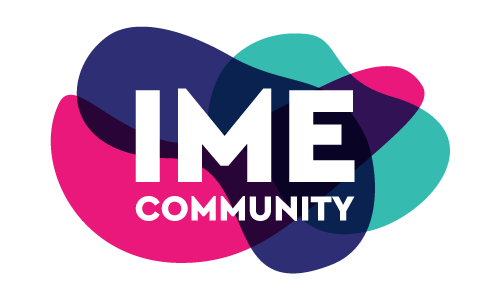Is that a tongue twister? Typo? Copy and paste?
Nope.
One of the first coaching tools I teach you about is story vs. facts. Your brain is a story making machine. Your brain is a meaning-making machine. Your brain has negativity bias.
As a human, you attach meaning to the thousands of thoughts swirling around in your brain. It can be exhausting. Why does it matter? The reason it matters is because your thoughts create your feelings which drive your actions or inactions. Everything you do or don’t do is to make you feel a certain way or avoid feeling a certain way.
If you’re stuck not taking action, it’s because you have an attachment to a belief or beliefs about yourself that are creating a feeling of shame, powerless, helpless, unmotivated, or defeated, tired, sad, and on and on. It’s like you’re stuck like paint on a wall to a thought. You are choosing to stay attached to a thought that doesn’t serve you.
Get curious and start with thought awareness. Thoughts are like a rainbow. They come and go in your mind.
Beliefs are powerful thoughts on a loop in your brain. I believe that beliefs are a way to organize all the thoughts. It’s like we’ve got a big filing cabinet and self-beliefs are a whole drawer.
Self-beliefs are optional. The problem is without creating awareness of your thoughts or beliefs or the story, you will keep staying stuck.
Let me give you an example.
I was coaching a teen who feels guilty every time she eats. Her brain tells her, literally every time she eats any food, “You shouldn’t be eating this.” Her relationship with food is her punishing relationship with herself. It feels safe. Restriction is control. I know it well.
I didn’t argue with her and I didn’t convince her to believe a different story. We coached on how the rigidity comes up in her body, described it as a metaphor, and how she can recognize and take a pause. She wasn’t ready for that. The restriction feels good to her. It’s a powerful addictive obsessive pathway in her brain. It’s perfectionism. It has nothing to do with food or weight. It feels safe to her and if it leads to binging, then so be it. Binging is a powerful relief, followed by shame, doubling down on restriction and so the cycle goes. She’s stuck in the extremes, pinging back and forth, all coming from the story she keeps believing about herself.
What would it feel like to have a softer kinder approach? To feel like food is food?
“I can’t.”
When you learn to drive, you learn that you don’t have to slam on the brakes. Just let up on the gas. Let up on the self-punishing accelerator.
“I don’t know.”
I let up on the coaching accelerator. Don’t argue. Don’t convince. There’s a little crack in the darkness where a bit of light is shining through.
I know what you’re thinking. “Hey, Dr. Karla, how do you not cry when you’re coaching a teen who says this?” Let me tell you, I hold it in and then once I click the end meeting for all button on zoom, I do cry. The reason I cry is because I adore her and I send up a little prayer or positive vibes into the metaverse, “All good things for ______.”
I emailed her Mom to let her know her daughter’s thought model, and asked her Mom to be on the next coaching session. I also asked her Mom to connect with me on zoom. I’m not licensed in her state, so she couldn’t be a patient in my Metabolic Telehealth clinic (drkarlamd.com), but I decided I needed to put on my medical hat with this one. I don’t give medical advice, but education and sharing resources.
What do you want to let go of?
Most of the time it’s hard to let it go because that negative self-talk voice is so strong and has served a purpose for so long.
You are worthy of this work. You are unbroken. You are enough. Always.
Self-kindness (not self-loathing) is the key to your health goals,
Dr. Karla

